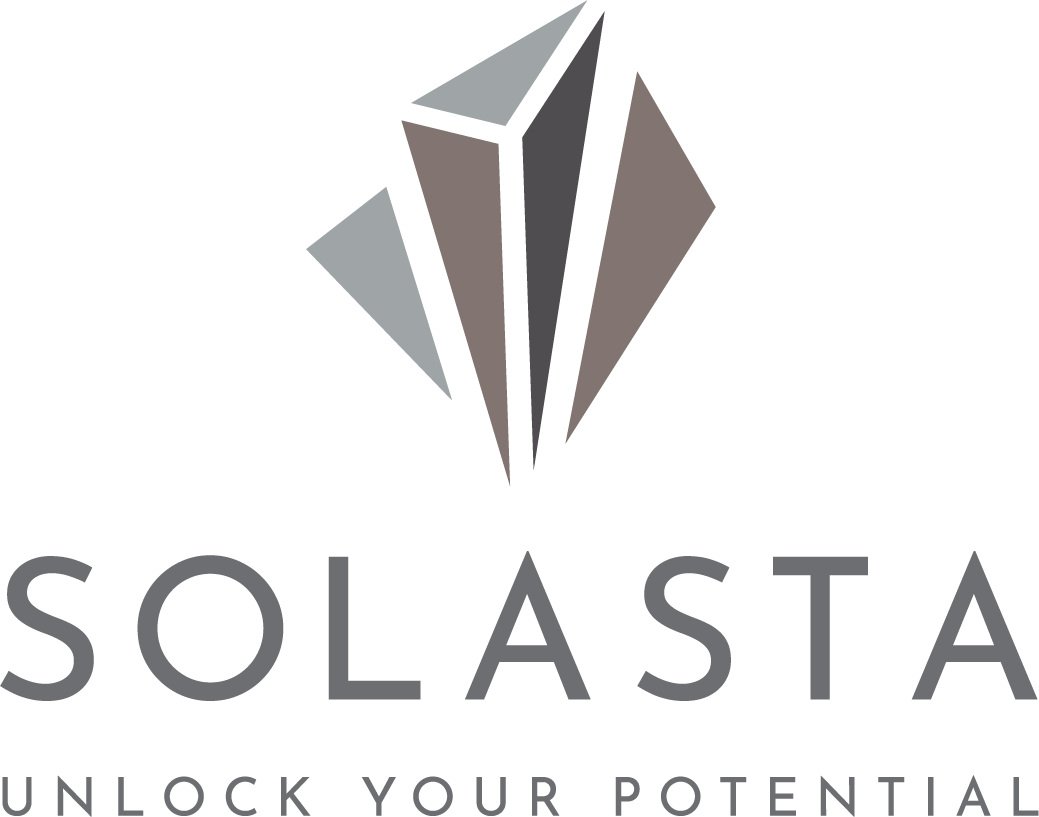Artificial Intelligence – love it or loathe it – it’s here to stay …
What’s your view on the latest craze - the use of ChatGPT (launched in November 2022)?
In case you have missed all the hype, ChatGPT is an AI tool that answers your questions to help complete tasks. These tasks can range from generating code to writing articles to answering general questions. We can ask all sorts of complicated questions and get answers within minutes or even seconds.
A language machine with no knowledge of its own but it’s very good at understanding language and answering questions based on a database of knowledge. This database is created by software engineers and mathematicians’ algorithms with the source code coming from Google, putting a string of characters, recognising the relationship to another word and how they go together.
So what impact will this newest ‘language machine’ have on people, businesses and jobs?
Does this technology help us to become quicker or is it dumbing us down and are we losing our ability to think and learn – relying on technology to provide us with answers?
Many years ago, people worried about machines taking over their jobs.
In a 2018 Korn Ferry study the biggest issue isn’t that robots are taking all the jobs—it’s that there aren’t enough humans to take them. Indeed, the study finds that by 2030, there will be a global human talent shortage of more than 85 million people (roughly equivalent to the population of Germany).
Artificial Intelligence - a useful tool for recruitment?
Job seekers are rarely offered a job if they fail to impress the interviewer. Yet years of scientific research suggests typical job interviews are poor predictors of future performance.
AI can detect and expose existing biases. It can identify patterns in data and make data drive predictions about events. But when algorithms have adverse impact, there’s a strong chance they are fuelled by real world biases.
Most companies promote people into leadership roles based on their past performance as an employee – or their reputation – rather than their ability to lead or manage people. They may be good at managing politics with bosses, etc. and be focussed on getting ahead.
Does AI have the potential for creating more interesting jobs?
“Robots are eventually going to take your job, and probably sooner than you think”. As it turns out, that thinking is a long way off the truth.
People may be worried that jobs will be lost and unemployment will rise. Yet the evidence shows when technologies are introduced, way better jobs can be created when some of the basic things are automated, leaving more meaningful work for humans.
Support for HR professionals
Overworked HR professionals who work under significant time pressures are becoming excited by the potential of AI to revolutionise HR practices. But we must possess a basic understanding of the limitations of AI powered hiring tools.
There is a growing market in AI powered tools that claim to help eliminate discrimination in volume recruitment. But these tools could be equally fallible. We must critically scrutinise AI companies’ claims.
Researchers from Cambridge for Gender Studies argue such tools reduce race and gender to insignificant data points when they are, in fact, dynamic and intersecting systems of power. There is a danger of using it as a quick fix for deep-rooted discrimination issues that require investment and changes to company culture.
AI can be used to narrow candidate pools, though care needs to be taken that you are not replicating bias with past issues in your search for the ideal employee.
But beware …remember Amazon’s automated recruitment tool had to be scrapped as a result of the AI being trained on previously successful CVs. It was found to be replicating the gender bias which was already prevalent in the technology sector which was traditionally dominated by men. So it is advised to proceed with caution.


